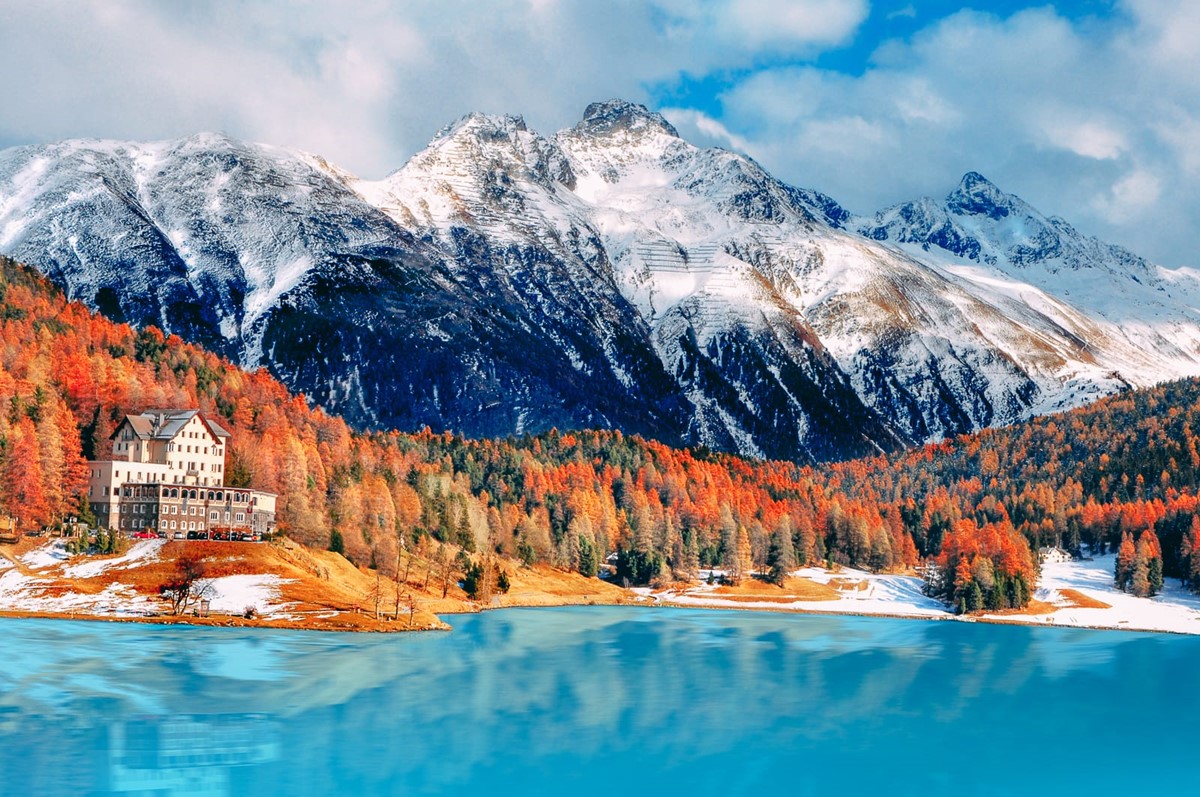Switzerland, famously known for its breathtaking landscapes, excellent chocolate, and precision watches, is a dream destination for many travelers. Whether you’re planning a short city break in Zurich or a trekking adventure in the Swiss Alps, there are a few things you should know before setting foot in this stunning country. Here, we have compiled a list of essential information to make your journey to Switzerland as smooth as possible.
Currency and Costs
Switzerland is not part of the European Union and therefore does not use the Euro. The official currency is the Swiss Franc (CHF), which can be obtained from banks, ATMs, or currency exchange offices. While Switzerland is known for its high cost of living, it’s important to note that prices can vary across regions. Major Swiss cities like Zurich and Geneva tend to be more expensive, while smaller towns and rural areas can be relatively cheaper.

Language

Switzerland has four official languages
German, French, Italian, and Romansh. The language spoken in a particular region depends on its proximity to neighboring countries. In general, German is spoken in the majority of Switzerland (around 60%), while French is spoken in the west, Italian in the south, and Romansh in the eastern mountainous regions. English is also widely spoken, especially in tourist areas.

Public Transportation
Switzerland boasts one of the most efficient and reliable public transportation systems in the world. Trains, buses, and boats run like clockwork, connecting even the most remote towns. Consider purchasing a Swiss Travel Pass, which offers unlimited access on different modes of transportation. This pass is particularly beneficial when exploring multiple cities or regions within an allocated period.

Tipping Etiquette
Unlike some countries, tipping is not mandatory in Switzerland. However, leaving a small tip for exceptional service is appreciated. A typical tip ranges between 5-10% of the total bill, but it’s perfectly acceptable to leave no tip if you’re not satisfied with the service. In restaurants, the service charge is usually included in the bill, so there is no need to tip additionally.

Weather and Seasons
Switzerland experiences distinctly different seasons throughout the year. Summers (June to August) are mild, with occasional heatwaves, while winters (December to February) can be cold and snowy, especially in mountainous regions. Spring and autumn provide pleasant weather but can be unpredictable, so it’s wise to pack layers and be prepared for sudden changes. Check the weather forecast before your trip to ensure appropriate clothing and gear.

Outdoor Activities
Switzerland’s natural beauty is a haven for outdoor enthusiasts. From hiking and skiing to paragliding and mountain climbing, there’s an activity for every adventure seeker. If you plan to indulge in outdoor pursuits, make sure to pack appropriate gear, including sturdy hiking boots, waterproof clothing, and sun protection. Do some research beforehand to determine the difficulty level, safety requirements, and any permits needed for your chosen activity.

Cultural Etiquette
Swiss culture places great importance on punctuality, cleanliness, and respect for personal space. When greeting someone, opt for a firm handshake and maintain eye contact. Avoid being too loud or intrusive, especially on public transportation. It’s customary to greet shopkeepers and strangers with a polite “Grüezi” (in German-speaking regions) or “Bonjour” (in French-speaking regions). When dining at someone’s home, it’s polite to bring a small gift for the host, such as chocolates or flowers.

Security and Safety
Switzerland is generally a safe country to visit, with low crime rates and excellent healthcare facilities. However, like any other destination, it’s important to remain vigilant and take necessary precautions. Keep an eye on your belongings, especially in crowded places, and beware of pickpockets. If you’re planning outdoor activities or hiking, inform someone about your plans and consider purchasing travel insurance that covers emergencies and accidents.

Use eSIM to access the internet anytime, anywhere
Using an eSIM for internet access when traveling offers a multitude of benefits, including convenience, cost savings, global connectivity, and flexibility. Its ease of activation, security features, and compatibility with modern devices make it a compelling choice for travelers seeking a seamless and efficient way to stay connected while exploring the world.
Read more: 10 Reasons Why you should use an eSIM when Traveling
If you are planning a trip to Switzerland, buy a Switzerland eSIM now.
Switzerland offers an abundance of natural wonders, cultural diversity, and a high standard of living. By equipping yourself with the knowledge mentioned above, your trip to this enchanting country will be even more rewarding. So, pack your bags, grab your camera, and get ready for an unforgettable journey through the heart of Switzerland!

